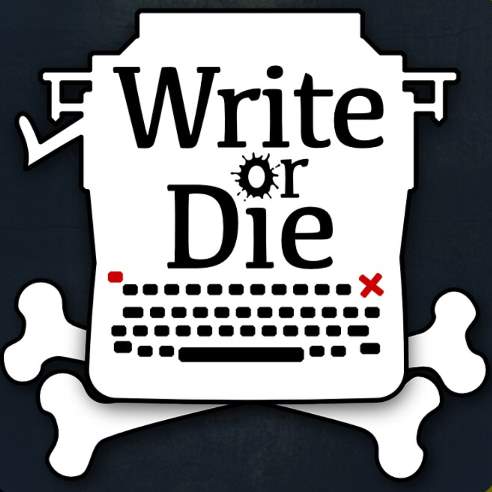Reading time: Less than 3 minutes
Dr. Wicked provides a great no-cost tool for anyone who wants to write faster.
Back when I worked in daily newspapers, most of my buddies were journalists. One was named Peter and I liked his style. He was a great reporter — he could produce writing in a wide variety of voices and most of all, he was fast. Darn fast.
He was also versatile. I remember attending the opening night of a fabulous play he wrote, and I also recall how he’d get up early every day to work on a novel at home before heading into the office to write some more. In other words, he was writing pro.
Sadly, when I left the paper to have my kids, I lost touch with him, apart from the occasional email. But once I started dabbling in Twitter I discovered he was a member and we both signed up to “follow” each other.
Recently, I happened to tweet about Dr. Wicked and, to my amazement, Peter was interested. I’ve written about Dr. Wicked before but in case you don’t remember, it’s a piece of online software that challenges writers to produce their words as quickly as possible — and to suffer some consequences if they don’t.
Fail to write in about eight seconds, and Dr. Wicked’s screen starts to change colour (from a white background to increasing intensities of rose). Delay 10 more seconds and you get a really annoying sound guaranteed to make your spine crawl (I’ve heard crying babies, an endless car horn and annoying ’70s- style pop.) I played with the software when I wrote a column about it last January and then forgot about it.
But a few weeks ago, someone else tweeted about it (Dr. Wicked just released a desktop edition) so I went to have another look. And, for fun, I decided to write last week’s column on it. Wow! I surprised even myself. I wrote 700 words in 15 minutes. Proud as politician, I posted a tweet about my speed. That’s when I heard immediately from Peter.
“I got Dr. Wicked right away,” Peter wrote. (“And I thought I was fast,” he added.) I took it as a great compliment that my fast-writing friend was amazed by something I’d done. And that’s made me take Dr. Wicked a whole lot more seriously.
In fact, I’m writing this column using Dr. Wicked. So far, the screen has turned rose (making it look embarrassed) only a couple of times. And it hasn’t squawked at me yet today. I’ve been thinking about it and I’m convinced that Dr. Wicked works for three main reasons:
1) Dr. Wicked doesn’t give your “internal editor” any time to engage. You’re too busy typing to start sliding down the slippery slope of self-editing. As I’ve said many times before, write in haste and edit at leisure. Your best writing is often the fastest. And even if it isn’t top-notch, you’ll have a first draft to edit. That’s better than a blank page, isn’t it?
2) The implicit threat of Dr. Wicked (screen changing colour, obnoxious noises) keeps you plugging away at writing even when you’d rather be doing something else. I don’t know about you, but I’m easily bored. I flit from idea to idea and task to task like a hummingbird zipping through a field of wildflowers. Finding the discipline to write for more than 15 minutes is always a challenge for me. But when I sit down with Dr. Wicked I know that my time is always running out.
3) Dr. Wicked forces you to focus on what you’re doing — writing. This ensures you ignore all the other more attractive distractions. You know what I mean! I’m talking email. Blogs. Twitter. Your dirty laundry. That bill you need to pay. I think the way our society has evolved over the last 20 years has made all of us more distractible and less focused. But here’s the thing about writing: to do it, you need to do nothing else.
Dr. Wicked. He has a way of making you pay attention.


